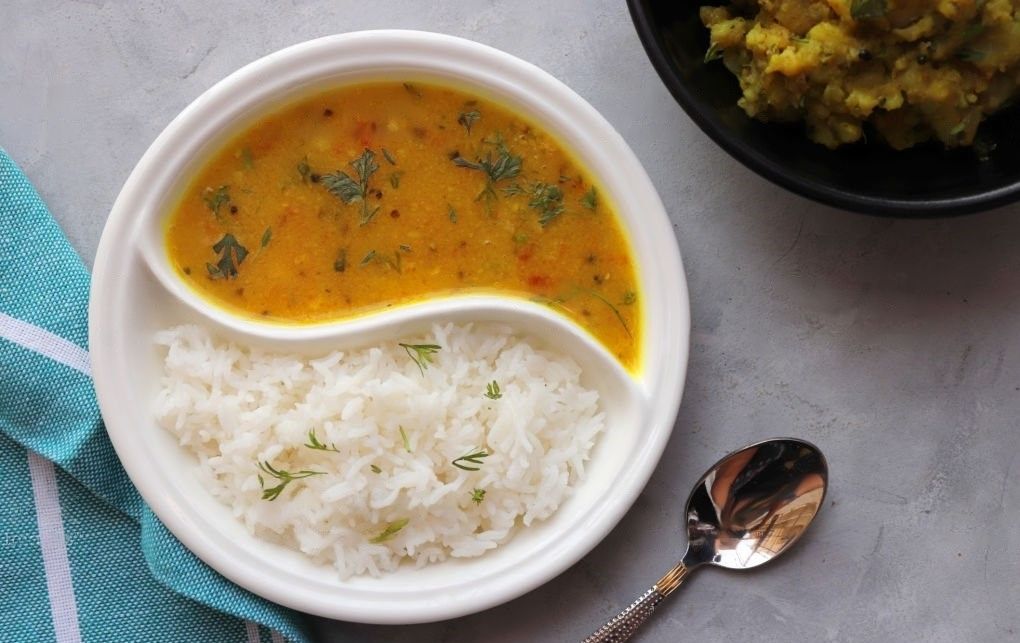Navigating the Gluten-Free Trend: Pros and Cons for Women's Health
Adopting a gluten-free diet aids in managing gluten-related conditions and supporting digestive health. Yet, it may result in nutrient deficiencies, restricted food options, higher expenses, and social and cultural obstacles.

In recent years, the gluten-free diet has gained significant popularity, with many people opting to avoid gluten-containing foods for various reasons. While this diet is essential for individuals with celiac disease or gluten sensitivity, its benefits and drawbacks for overall women's health are still a subject of debate. In this article, we will explore the scientific research surrounding the gluten-free trend, its potential pros and cons, and provide valuable insights to help women make informed decisions about incorporating or excluding gluten from their diets.
Understanding Gluten and Gluten-Related Disorders
Gluten is a protein found in wheat, barley, and rye. It provides elasticity to dough and contributes to the structure of baked goods. For individuals with celiac disease, consuming gluten triggers an immune response that damages the small intestine. This autoimmune condition affects about 1% of the population. In addition to celiac disease, some people may have non-celiac gluten sensitivity, experiencing similar symptoms to those with celiac disease but without the immune response.
Examples of Gluten-Containing Foods:
- Wheat-based products: Chapati, naan, bread, semolina, and pastries.
- Barley-based products: Malt, beer, and certain cereals.
- Rye-based products: Rye bread and certain cereals.
Pros of a Gluten-Free Diet for Women's Health
1.Managing Celiac Disease and Gluten Sensitivity: For Indian women with diagnosed celiac disease or gluten sensitivity, adopting a strict gluten-free diet is necessary to prevent long-term health complications and alleviate symptoms such as abdominal pain, bloating, and fatigue.
2. Improved Digestive Health: Some individuals without diagnosed gluten-related disorders may experience improvements in digestive health when following a gluten-free diet. This could be due to eliminating highly processed gluten-containing foods, which are often low in fiber and may contribute to gut discomfort.
3. Increased Awareness of Food Choices: Adopting a gluten-free diet often encourages individuals to pay closer attention to food labels and ingredients, leading to a higher awareness of the nutritional content of foods and potentially promoting healthier eating habits.
Cons of a Gluten-Free Diet for Indian Women's Health
1.Nutritional Deficiencies: Following a gluten-free diet can increase the risk of certain nutritional deficiencies, as gluten-containing grains are a significant source of nutrients. In Indian cuisine, wheat-based foods like chapati and naan are staple foods that provide important nutrients like dietary fiber, B vitamins, and iron. Substituting these grains without careful planning may lead to inadequate nutrient intake.
2. Limited Food Choices and Increased Costs: The gluten-free diet restricts several common food staples in Indian cuisine, which can lead to limited options and increased expenses, as gluten-free alternatives tend to be more costly. Traditional Indian foods like roti and dosa, which contain gluten, may need to be replaced with gluten-free alternatives, which can be more challenging to find and more expensive.
3. Cultural and Social Challenges: Adhering to a gluten-free diet can create cultural and social challenges for women, as gluten-containing foods are deeply rooted in traditional cuisine and social gatherings. Special accommodations may be needed when dining out or attending social events, which can lead to feelings of isolation and anxiety related to food choices.
SUMMARY
While a gluten-free diet is essential for individuals with celiac disease or gluten sensitivity, its benefits and drawbacks for women's overall health should be carefully considered. Following a gluten-free diet can help manage gluten-related disorders and potentially improve digestive health. However, it can also lead to nutritional deficiencies, limited food choices, increased costs, and cultural and social challenges.
By considering individual health needs, cultural factors, and the potential impact on nutritional intake, women can make informed decisions about whether a gluten-free diet is appropriate for them. It is important to remember that the gluten-free trend should not be followed without proper medical diagnosis or guidance.
Jayti Shah is a Clinical Nutritionist with a master's degree in Clinical Nutrition and Dietetics. She is a member of the Indian Dietetic Association (IDA). Over the last 9 years, she has helped 400 clients in their clinical and weight loss journeys. She works with SocialBoat as a nutrition consultant.
At SocialBoat, we offer custom diet plans and guided workouts to help you achieve your goals in a 360-degree approach. Our gamified experience ensures that you don’t find workouts boring and we reward you for being consistent with your efforts.

REFERENCES
- Singh P, Arora A, Strand TA, et al. Global prevalence of celiac disease: Systematic review and meta-analysis. Clin Gastroenterol Hepatol. 2018;16(6):823-836.e2.
- Ludvigsson JF, Leffler DA, Bai JC, et al. The Oslo definitions for coeliac disease and related terms. Gut. 2013;62(1):43-52.
- Catassi C, Bai JC, Bonaz B, et al. Non-celiac gluten sensitivity: The new frontier of gluten related disorders. Nutrients. 2013;5(10):3839-3853.
- Sharma N, Bhatia S, Chunduri V, et al. Celiac disease: The Indian scenario. JGH Open. 2018;2(4):134-139.
- Sainsbury K, Mullan B, Sharpe L. Gluten-free diet adherence, knowledge, and psychological well-being in adults with celiac disease. J Acad Nutr Diet. 2017;117(9):1410-1416.
- Reilly NR, Fasano A, Green PH. Presentation of celiac disease. Gastrointest Endosc Clin N Am. 2012;22(4):613-621.
- Kupper C. Dietary guidelines and implementation for celiac disease. Gastroenterology. 2005;128(4 Suppl 1):S121-S127.
- Bascuñán KA, Vespa MC, Araya M. Celiac disease: Understanding the gluten-free diet. Eur J Nutr. 2017;56(2):449-459.
- Tovoli F, Masi C, Guidetti E, et al. Clinical and diagnostic aspects of gluten related disorders. World J Clin Cases. 2015;3(3):275-284.
